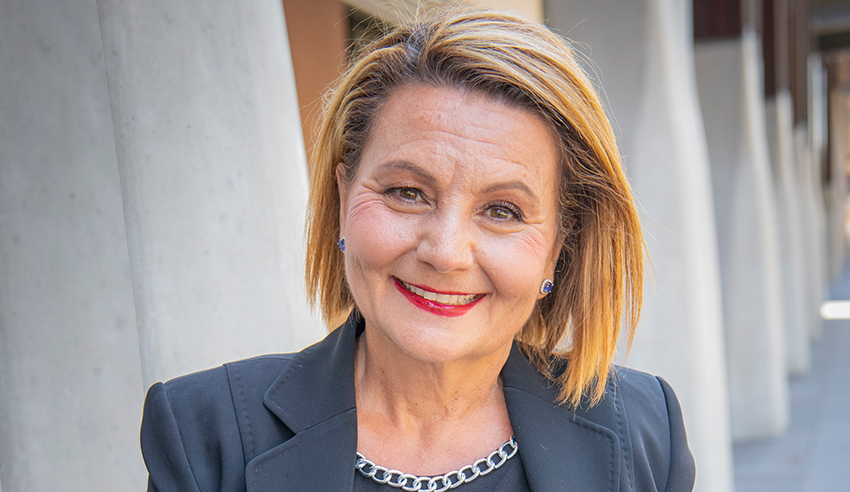Psychological safety and antifragility are concepts that need to be actively implemented in order to positively affect us.

Cathy Dimarchos is the founder and chief executive of strategic advisory business Solutions2You as well as a business coach and mentor. Coming out of spending 35 years in the finance industry, Ms Dimarchos did a degree in counselling and psychotherapy before starting Solutions2You.
“Psychological safety isn’t something that’s new, it’s really interesting that it’s actually become the forefront of discussion in organisations now because of the pandemic. So, I would say in the last five years, there’s been a lot of dialogue around it,” she said.
“The problem is that we’re all talking about it, but I don’t know that we’re necessarily doing it. And so, that’s the issue that I think we firstly need to address.
“We work with passion, but we don’t realise that we don’t necessarily have the balance that we need. And, everybody talks about balance. But the type of balance that I’d talk about is actually the mental state and the way that we engage and communicate. And so, what’s led me to where I am today,”
In a workplace, psychological safety works against the belief that members of a team can share their thoughts and views without being embarrassed, humiliated or rejected for speaking up. But Ms Dimarchos said that for this to work properly as a workplace policy, it needs to be implemented with “purpose and intent”.
“We really are going to have to be purposeful in the way that we engage, if we don’t do it with purpose and intent, then we’re not going to see the change. So, it doesn’t matter what’s written in the policy, it’s like having a vision statement. That’s great, everybody has a vision statement and their mission statement, but what does that actually mean and how does it actually infiltrate?” she said.
“So, what we need to do to actually be able to move forward is be able to have those discussions, and then be prepared for what may actually roll on from that.”
When asked about antifragility, Ms Dimarchos said people often confuse it with resilience – but that the two concepts are actually far from similar.
“Resilience is actually about working through chaos, through challenges, through obstacles and then continuing to work through it. So, what happens in that? It’s not a great deal. We just keep moving forward,” she said.
“Antifragility within itself is actually about recognising that we are working from a challenging position or a position of chaos, about what we’re doing in that instance is in fact learning from it, and seeing how we can strengthen our position to move forward.
“Antifragility is about what it is that we’ve learned. How can we actually become stronger as a consequence, and then move forward with it?”
Ms Dimarchos added that antifragility encompasses not being afraid to fail, and creating a “situation where there’s no single point of failure” to set yourself up for better long-term mental health.
“If you break it down, what you’re really saying is that you’re not fragile. So, I always look at the silver lining in anything, you throw an obstacle at me, that’s fine, that just means that I have to find a different way around it. And in many ways, that’s what antifragility is,” she said.
“You’ve got to show people that you’re going to do things differently, and that means it’s communicated, it’s behaved and it’s actually then backed up. So, we need to keep an open mind.”
But whilst the concept of antifragility is good, personal accountability is key for it to work for you, according to Ms Dimarchos.
“I think absolute personal accountability has to come into play. Only we know what’s going to resonate for us and to the level that it resonates,” she added.
“We can all actually collectively understand somebody else’s perspective, but what’s going to work for me is not going to work for you. So, it’s actually about accepting the differences and actually moving on.”

Lauren is the commercial content writer within Momentum Media’s professional services suite, including Lawyers Weekly, Accountants Daily and HR Leader, focusing primarily on commercial and client content, features and ebooks. Prior to joining Lawyers Weekly, she worked as a trade journalist for media and travel industry publications. Born in England, Lauren enjoys trying new bars and restaurants, attending music festivals and travelling.